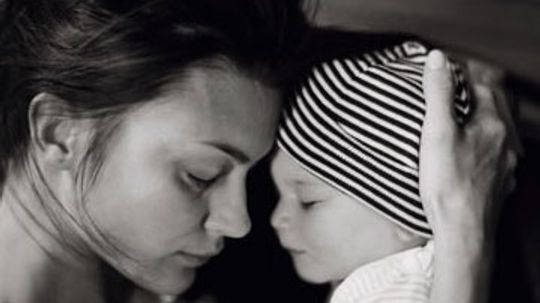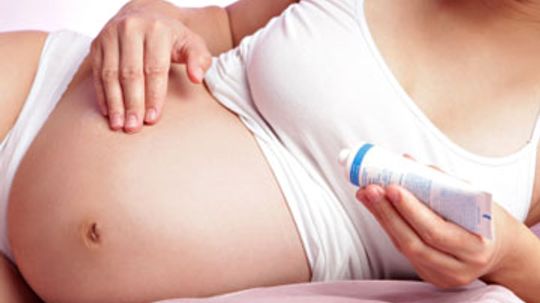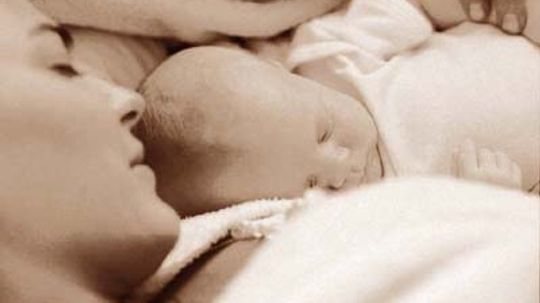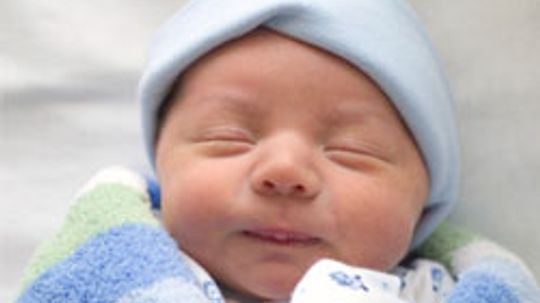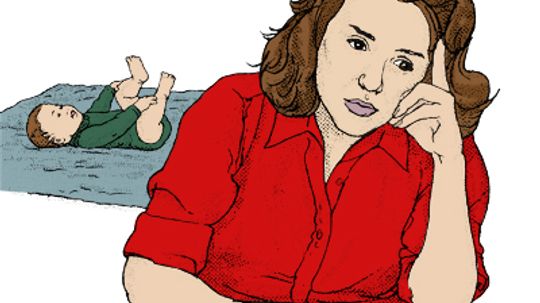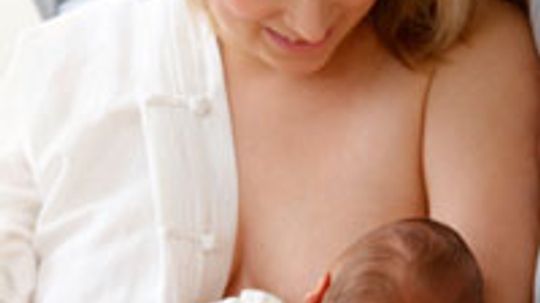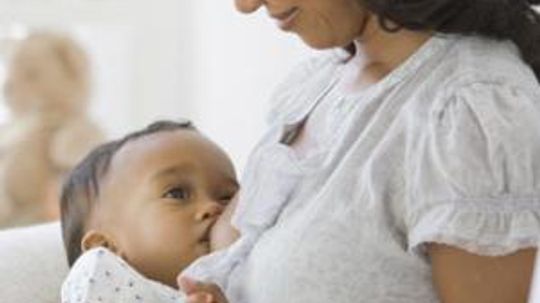Postpartum Care
Postpartum Care deals with the changes both the mother and newborn go through after delivery. Learn about postpartum depression, breast feeding, and more in this section.
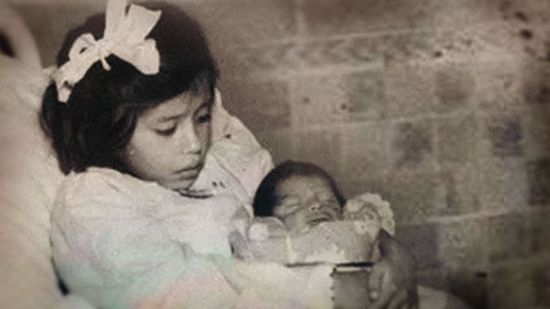
The Shocking Story of Lina Medina, Who Gave Birth at Age 5

You Can Get Pregnant When You're Already Pregnant

Can you get pregnant after having gonorrhea?

10 Weird Pregnancy Cravings That Actually Make a Lot of Sense
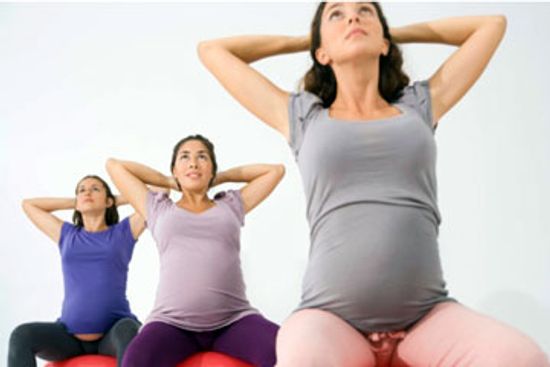
Exercise During Pregnancy
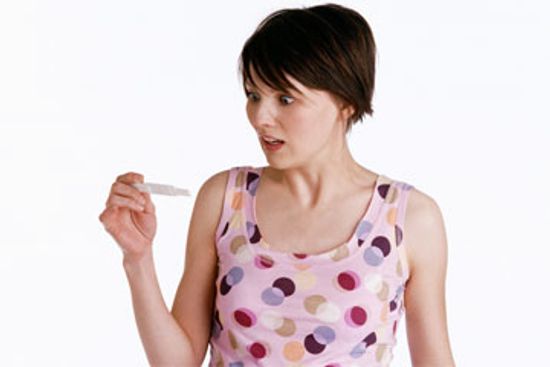
Can a woman get pregnant during her period?
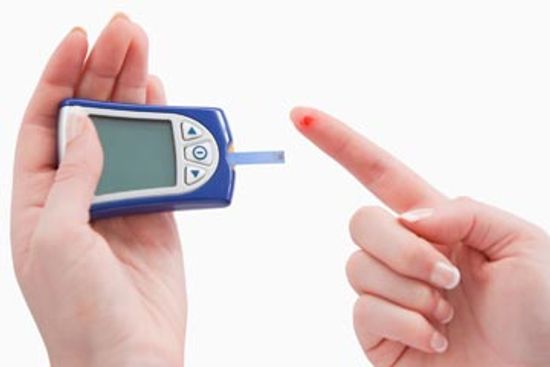
Does diabetes affect fertility?
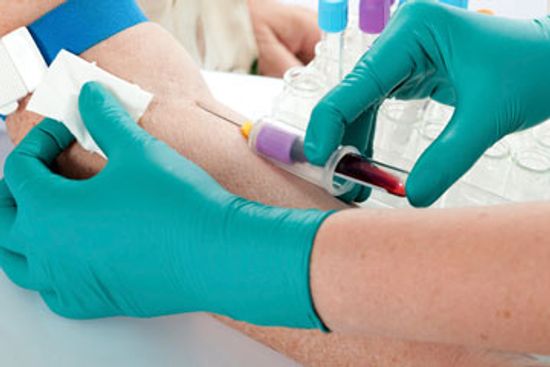
Hormone Imbalances and Infertility

What Do Babies See Before Birth?
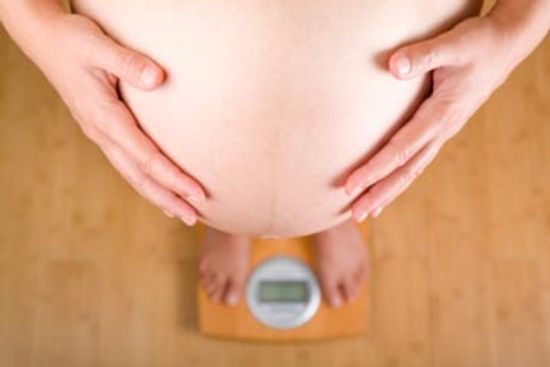
Guide to Being 39 Weeks Pregnant
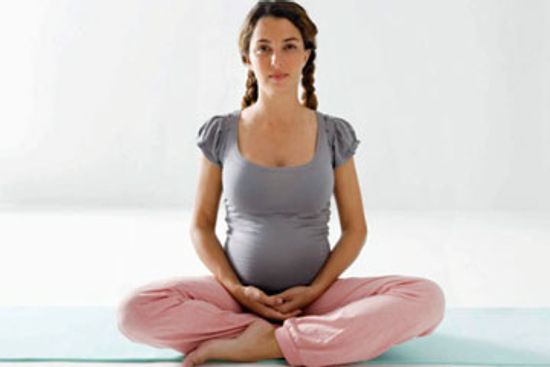
Guide to Being 28 Weeks Pregnant
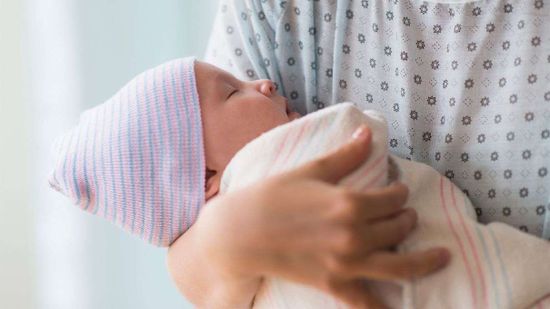
C-sections Can Affect a Baby's Immune System
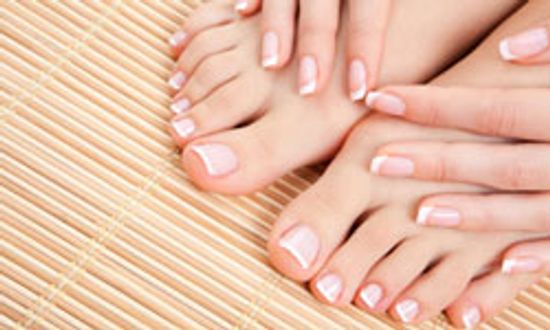
Quick Tips: Pedicures and Labor
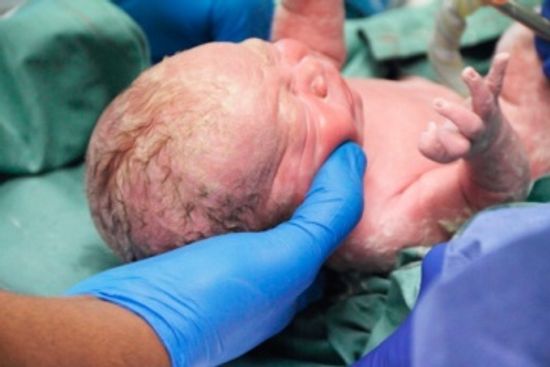
How a Baby Experiences Labor and Delivery

Miscarriage Overview
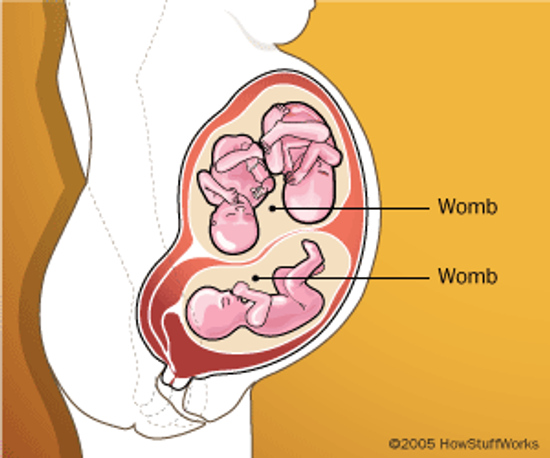
If a Woman Has Two Wombs, Can She Get Pregnant in Both?
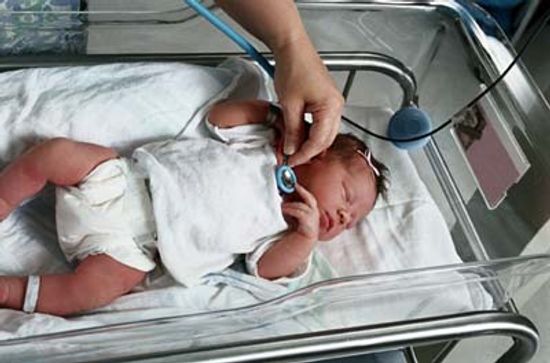
A Guide to Pregnancy Complications

Rare Condition Causes New Mom to Lactate Outside Her Breast
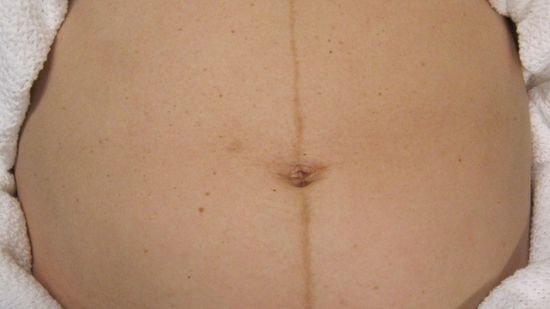
What Is the Linea Nigra of Pregnancy?
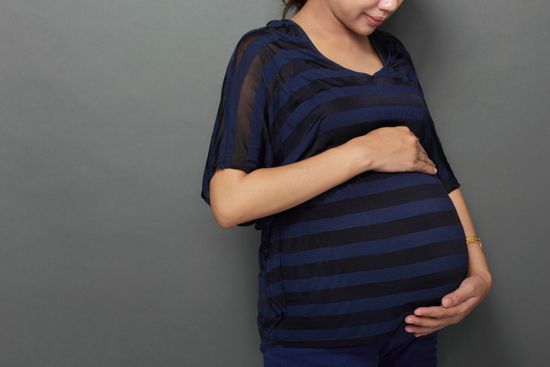
Is it possible for a pregnant woman to be allergic to the placenta?
Learn More
Many women assume that after giving birth, their swollen fingers and ankles will shrink back to a normal size. But during the first week after delivery -- when moms are acclimating to life with a newborn -- serious swelling can strike.
By Bambi Turner
Postpartum depression can make mothers feel anxious, fatigued and filled with despair. Infants don't know it, of course, but that same depression could also cause them long-term problems. (As if depressed new moms need more guilt.)
By Julia Layton
Stretch marks are one of pregnancy's least-loved side effects -- way down there with bloating and morning sickness. Is there any way to rid yourself of these itchy scars, or at least make them fade away faster?
By Julia Layton
Advertisement
The decision to breastfeed or bottle-feed is yours to make. Since you are the one taking care of your baby, you must feel comfortable with the decision. Learn how breast-feeding works.
By Alvin Eden
The addition of a baby to a family brings joy and wonder, but also many changes for the parents. Read these helpful tips on adjusting to life with a newborn.
Also known as "baby blues," postpartum depression is a very real and often very frightening occurrence that affects about half of new mothers during the first days or weeks following birth.
With a slew of recent research to support the benefits to child, mother and society overall, experts seem to agree: breast milk is best. What do you need to know before you start breastfeeding?
Advertisement
If you think breastfeeding is out of the question just because you're having multiples, think again. There are countless reasons that breastfeeding may prove to be the best option, even with twins or triplets.

